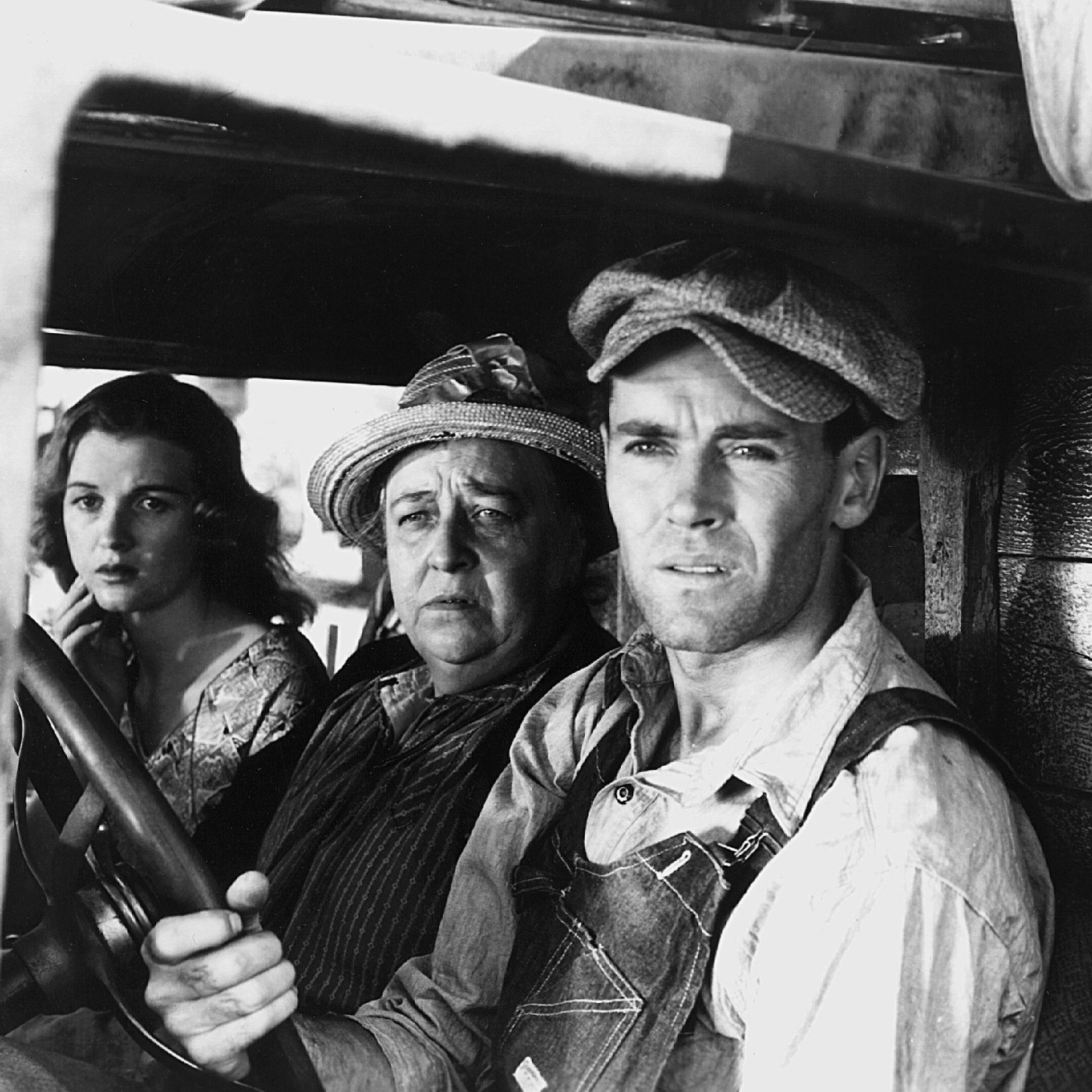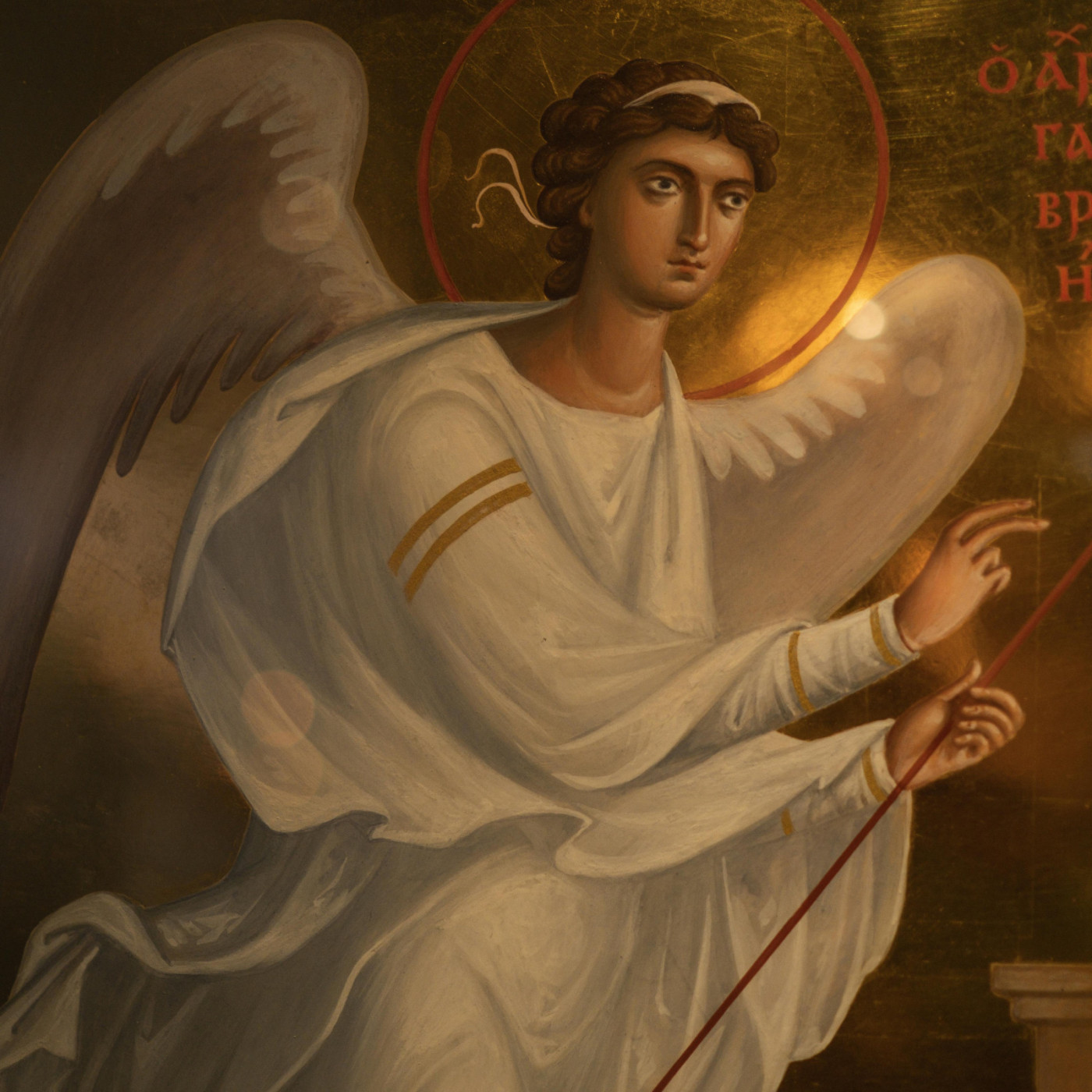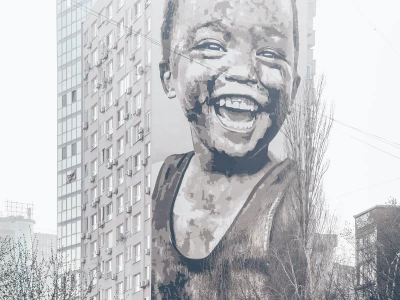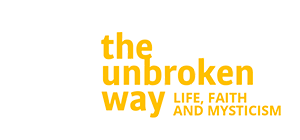Share this article
No One Told Me Life Is Hard

Arriving At The Hospital — A Short Story
'A nurse called Joan a few minutes ago to say that Daddy isn't doing well and that we should come to the hospital as soon as we can,' my late wife, Cushla, said to me calmly after she had finished talking to her eldest sister on the office phone. Their father, Paddy, whose health had been deteriorating for over a year, was finally admitted to St. James's Hospital (Dublin) in the summer of 1993. The doctors weren't sure of his exact condition but told us not to be concerned.
'There's no need for you to come with me now. You can stay here and visit Daddy later,' Cushla said to me as she headed out the door to her car. Joan had explained to her that the nurse hadn't conveyed a sense of urgency, so things didn't seem unduly worrying. Cushla had begun working full-time in my business a year earlier and knew I was swamped with work that afternoon. She didn't seem overly worried, so I took her cue and decided to visit Paddy after work. But twenty minutes later, I was having second thoughts. My intuition told me that things might be worse than we thought. I wanted to be at my wife's side if that was the case. So I left the office straight away.
When I got to the hospital and opened the door to the small waiting area outside Paddy's room, I knew he was gone—the family was standing there sobbing as they turned to hug me, giving and seeking consolation. Cushla wasn't the touchy-feely type, but now, with tears in her eyes, she put her arms around my neck and embraced me tenderly.
Paddy was only 63 when he died. He had an enormous influence on Cushla. His depth of character, decency and love for his family made a big impression on her. She also told me often how much she admired his deep intelligence. They shared innate wisdom and saw more into a deeper reality than the superficial values the world offers.
But there was another, more indefinable quality to their relationship, manifesting in tremendous respect and unspoken love for each other. Sometimes, especially over the traditional Sunday roasts at the Murphys' (Cushla's family home), I could sense a somewhat telepathic connection between them.
'Life can be hard love,' he said to her once when they were alone together. Paddy wasn't the morose type⸻quite the opposite. Most people would describe him as jolly. He was simply sharing with her his perspective on life and trying to help her prepare for the storms she would inevitably face. Besides, because she was wise beyond her years, he was confident he wouldn't upset her when he expressed this hard-to-hear truism.

Actor Henry Fonda in the foreground in a scene from the movie The Grapes of Wrath, based on the novel of the same name. Written by John Steinbeck and set in the Great Depression (1929-1939), the book emphasises the importance of hope and the enduring human spirit, even in the midst of suffering and hardship.
Not long after Cushla and I met, she told me what Paddy had said to her. I was dropping her off at her family home after another magical date, and we were discussing life in general when she said to me: '"Life can be hard," Daddy said to me once.' She said it with that mysterious, unfathomable look I was to witness over the next 27 years. It was as if she were trying to teach me something profound, yet she did it in the gentlest of ways. She realised, as other mystics before her did, that while we are on this earthly plane, we live in a 'vale of tears'. Even though she had a positive outlook and was deeply happy, she saw, more than I did, an underlying sadness in life. She didn't have the same naïve expectations about people or events that I had. Nevertheless, she loved and appreciated my joie de vivre. Years later, after we had gone through many a valley and I had lost a lot of my verve, she would encourage me, saying: 'Where's my boy with the bouncing ball?'
Expecting life to be something different
Nobody had told me life was hard before. Anyway, it didn't make much difference to me — I didn't take in what Cushla was saying. I shrugged off the notion, thinking that maybe Paddy was getting things wrong somehow. Maybe he's unlucky, I thought —it's other people's fate to suffer, but not mine. The world was my oyster; I was young, in love, and had a head full of dreams. Little did I know what was in front of me, and that Paddy was right all along:
Soon after we got married, Cushla developed a strange, inexplicable and debilitating illness which she suffered with for seventeen years. We lost our only child, Meera Thérèse, through miscarriage, and my business went bust. Then, five years later, Cushla was diagnosed with cancer and died at age 51.
Because of the spiritual legacy Cushla left me, I had developed a considerable degree of fortitude, so I was able to withstand all these storms a lot better than if I had relied on my usual Pollyannaish optimism.
I still have a zest for life, but thankfully, I'm not so naïve anymore. What I have learned from life is how conditioned I was by the modern world to believe life is supposed to be easy. Many of us have absorbed this subtle thinking, even though we may not realise it. We think suffering is an anomaly, a bump on the road to what is rightfully ours: an easy, comfortable life filled with happiness.
Our western secular culture has especially encouraged young people to think that they are entitled to this comfort and ease, that it is a fundamental human right. When trials come, they are almost angry at the injustice of it all, as if 'the universe' has conspired to wreck their dreams.
.
Thomas à Kempis: On Trials and Tribulations.
Hearing that the belief and Christian metaphor that life is a 'vale of tears' can be curiously cathartic. It normalises the idea that life is not always easy, and that experiencing sadness, grief, or disappointment is a natural part of being human. It allows one to validate their struggles and potentially find a sense of solidarity with others who experience similar difficulties.
Steeped in the mystical tradition of his time, Thomas à Kempis (1380–1471), a medieval German-Dutch monk, remains as relevant today as when he wrote about the necessity of trials and tribulations in our spiritual growth. According to tradition, he was the author of the spiritual masterpiece The Imitation Of ChristHere is some of its ageless and profound wisdom regarding suffering :
'Even if you use the best judgment and make the best plans, you will still find it necessary to suffer, willingly or unwillingly'
'As long as God wants you to bear it, there can be no remedy for your suffering, because there are some vital lessons you need to learn.'
'If you manage to throw away one cross, you will certainly find another, and it may be heavier.'
'Do you think you can escape what no one else can avoid?'.
'You can be sure if there was a better way to man's salvation than suffering, Christ would have followed it.'
All Is Well

'My child, you must realise that if you spend much time absorbing My love, you are made strong'
—Jesus speaking to Fr. John Wooley (as reported in his devotional book, Abide in My Love).
When speaking about trials, Thomas à Kempis didn't just 'tell us as it is', an approach that is unfashionable nowadays, especially with the soft, more feelings-directed psychology of our time. He also provided us with uplifting and powerful spiritual remedies, including:
'If you trust the Lord, you will receive divine strength, and you will be able to withstand the world and control your flesh.'
'As long as you object to suffering, you will be ill at ease. Accept it, and you will find peace.'
'If you fully establish yourself in God, you will not need the consolation of others.'
Thankfully, there have been many mystics and saints since Thomas à Kempis whose messages and writings help us to rise above adversity. I can't finish this article without sharing another such message from one of my favourite modern-day mystics, Fr John Woolley (1928-2008). This time it's from his devotional classic, I Am With You the first in a series of devotional books of 'heart whispers' that he received from Jesus Christ. Here's an extract from a message Jesus gave him about rising above everything:
'It is My Spirit in you which whispers "All Is Well" when life's fluctuations seem to proclaim a loveless creation. My spirit is your light, unseen by the world, but with effects unmistakable in a life which can rise above everything which is limiting. My light beckons you forward … do not look back with regard or self-pity.'
Share this article
Categories
in your inbox

Suffering









